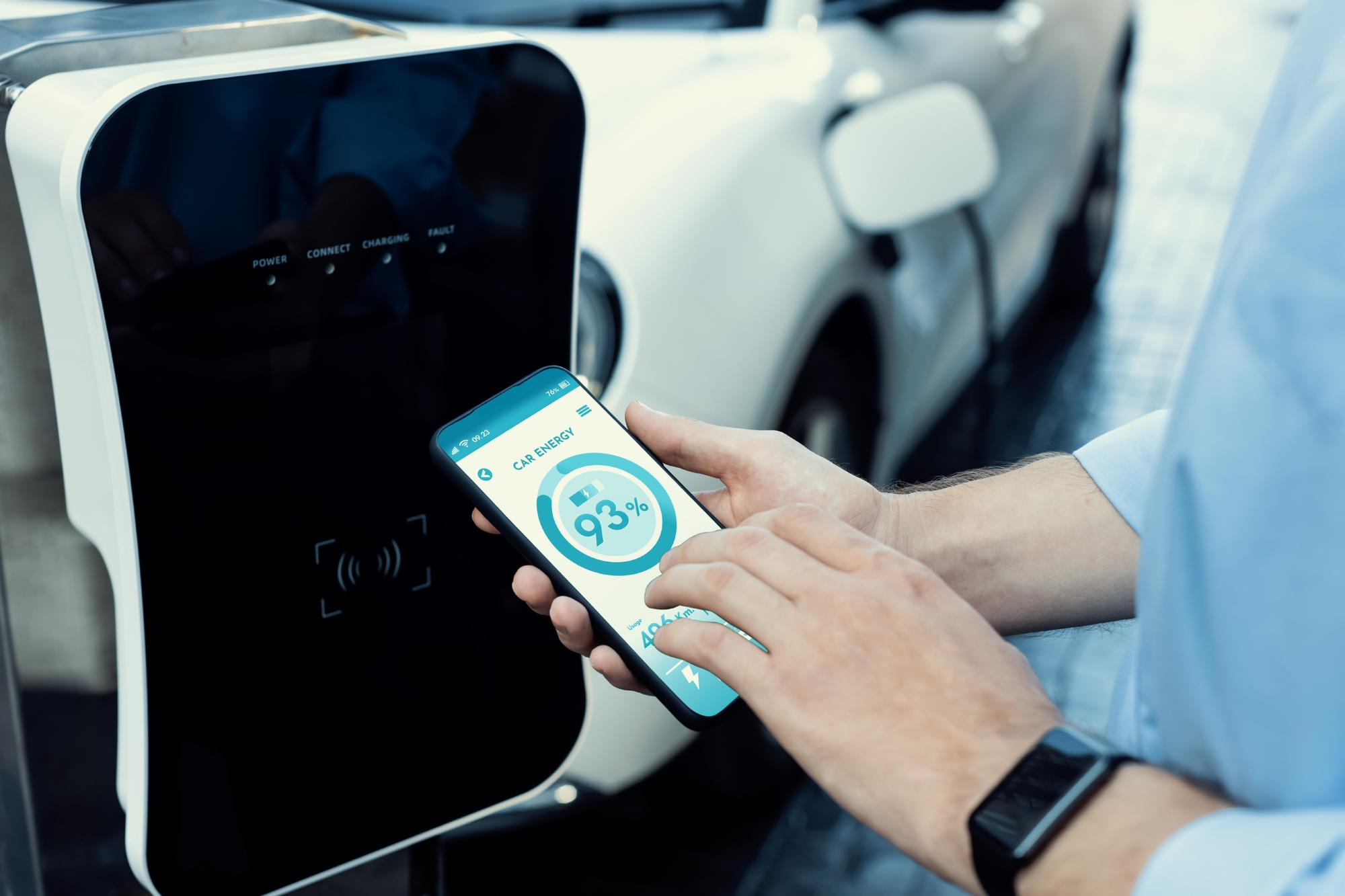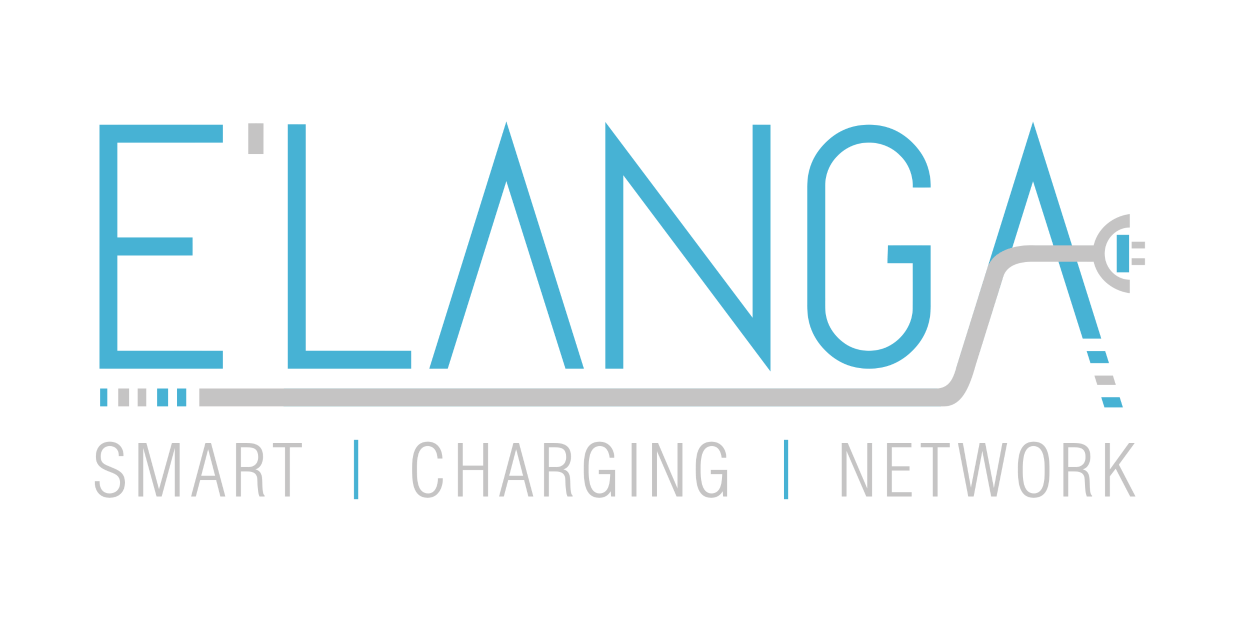As Australia’s EV network grows, seamless public charging is becoming essential. OCPI (an open communications protocol) makes charging across different networks simple, reliable and consistent.
Read on to find out more.
One of the trickiest areas for new EV owners isn’t the car itself, it’s figuring out where and how to charge it efficiently. Especially when you’re out on the road, away from the comfort of your home charger, public charging access needs to be easy, reliable and widely compatible. That’s where OCPI comes in, which is a protocol that’s making it simpler for EV drivers to plug in wherever they are, without needing to sign up with dozens of different providers.
What is OCPI, and Why Should You Care?
OCPI stands for Open Charge Point Interface, which is a communications protocol that lets different parts of the EV charging ecosystem talk to each other. In short, it helps charging station operators and service providers exchange the right information so charging works smoothly, even across different networks.
Without OCPI, roaming between networks can be clunky. Instead of downloading a new app or creating an account every time you charge, OCPI standardises communication, covering everything from locating and reserving a charger to accurate pricing, session info and billing.
How OCPI Fits into the Bigger EV Charging Picture
OCPI is part of a layered communication system alongside OCPP (Open Charge Point Protocol). OCPP governs how a charger talks to its own management system, while OCPI connects that system to external platforms and apps.
Think of OCPP as the language between the charger and its “brain”, and OCPI as the way that brain talks to other networks and apps drivers use to find and pay for charging. This means you can pull up to a charger from another provider and still get a seamless experience.
Real Time Information and Smart Features
One of OCPI’s biggest strengths is delivering live data for smarter decisions. Drivers can access real time information such as which charging stations are available, what they cost and whether they’re compatible with their vehicle. It also supports live authorisation, so you can start a session instantly using a token or app, without delays or failed attempts. Whilst operators gain accurate usage tracking, automated billing and smart charging capabilities. This real time insight helps networks optimise energy delivery and expand without reinventing systems.

Why OCPI Compliance Matters for the Australian EV Market
Australia’s EV landscape is growing rapidly, with more public chargers being installed in cities and regional areas, and businesses are joining the shift by adding workplace and destination chargers. But without the right digital framework in place, this network could quickly become fragmented.
That’s where OCPI becomes a key piece of the puzzle, as drivers expect a seamless experience across states, providers and platforms, OCPI compliance ensures ensures that new infrastructure actually works together. Whether you’re in Melbourne or a regional area in New South Wales, the goal is to have your EV charge just as easily, and without having to think about which brand the station belongs to.
The protocol also supports transparency, especially around pricing. That’s particularly useful as more Australians begin relying on public charging, whether it’s at shopping centres, hotels, or workplace car parks. OCPI makes it possible to see what you’ll pay before you even arrive, helping you plan ahead with confidence.
What This Means for the Future of Charging
Looking forward, protocols like OCPI are going to be fundamental in supporting a scalable and flexible EV charging network. As more providers enter the space and more chargers are deployed across Australia, the need for interoperability becomes even greater. No one wants a charging experience that feels like using a different ATM network every time, especially when you’re paying for the privilege.
Open protocols keep things moving, and they reduce the risk of vendor lock-in, support better innovation, and allow for more rapid deployment of new tech like load balancing and smart charging.
At Elanga, we stay ahead of the curve by focusing on solutions that support open standards and future-proof infrastructure. Whether we’re installing EV chargers at a home in Brisbane or setting up commercial stations in Sydney, OCPI helps ensure those chargers can keep up with the fast changing demands of the industry.
